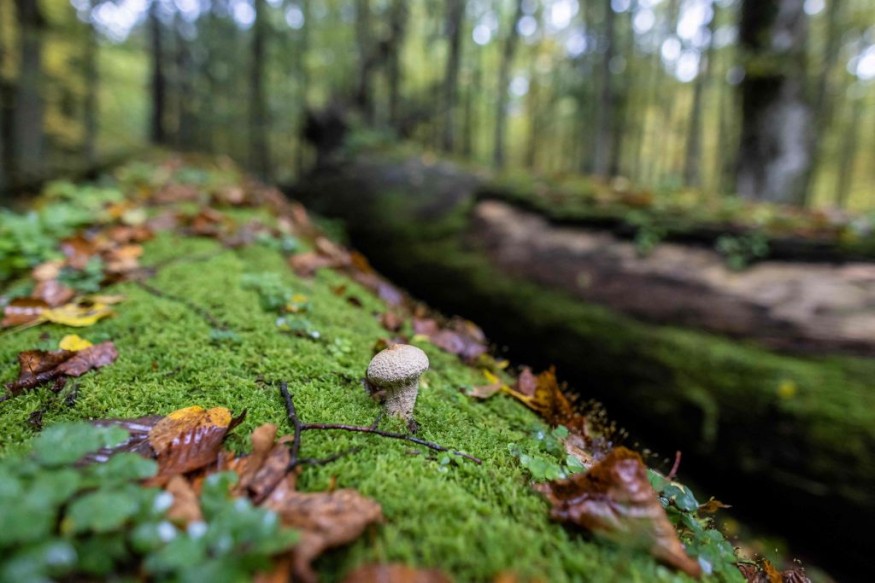Fungi can grow inside different cancer tumors; however, it is not clear if whether or not these pathogens have caused the development or progression of different cancer types inside the body, according to two new studies published in the journal Cell on September 29. The studies have not identified fungal presence in all of the tumors. Yet, uncertainties emerge regarding the role of fungi with cancer spread.
A fungus or fungi a member of the group eukaryotic organisms which includes microorganisms like yeasts, molds, and mushrooms. These organisms belong to a different kingdom, apart from animals and plants. While not all fungi are considered pathogens, eukaryotic members that can cause diseases are treated as such. Pathogenic fungi can infect and kill animals, plants, and even humans.
These tiny organisms are known for killing approximately over a million people each year globally, according to multiple reports, including from the Microbiology Society. Fungal diseases also affect food crops each year and endangers a number of tree species worldwide. With our current of fungi, it is believed to have not been linked to the deadly and widespread cancerous tumors.
Fungal Cells and Cancer Tumors

In the first study, scientists were able to detect fungi in 35 cancer types and were often intracellular. Multiple ecologies consisting of fungi and bacteria were also found across tumors. In addition, human cells free of fungal DNA were confirmed to be healthy than cancer patients with a fungal-infected tumor cells during the early stage.
The researchers examined over 17,000 tissue, blood, and plasma samples from cancer patients. Not all single tumor tissue tested positive for fungus.
Ravid Straussman, a cancer biologist at the Weizmann Institute of Science in Rehovot, Israel, told STAT that some cancer tumors contained fungi in "low abundances." To be specific, Straussman estimated that some tumors contain one fungal cell for every 1,000 to 10,000 cancer cells. This means that fungal cells are hiding in tumors throughout the body, depending on the type of cancer.
Straussman and his team discovered that there is a unique collection of fungal species for each cancer types. These fungi species are typically known to live in humans and some can cause disease like yeast infections. The species also tend to coexist with some bacteria inside the tumor.
Also Read: Cancer Drug Derived From Himalayan 'Caterpillar Fungus' Smashes Early Clinical Trial
Fungal Genuses
The second study yielded the same results but extracted cancer tumors from the gastrointestinal tract, lungs, and breasts, as Nature reports. The research team in this study discovered each of these three cancer types tend to host the fungal genuses Candida, Blastomyces, and Malassezia.
Both research groups determined that the fungal growth inside tumors could be linked to worse cancer outcomes, as summarized by Live Science.
What is Cancer?
The specific biological mechanisms causing cancer is not yet fully understood by scientists. However, prevailing research indicates that genetic mutations, environmental factors, and unhealthy lifestyle can cause cancer, which can start almost anywhere inside the human body.
The National Cancer Institute (NCI) recognizes that genetic changes that leads to cancer often affect three main types of genes such as the proto-oncogenes, tumor suppressor genes, and DNA repair genes.
Related Article: Fungi from gut can promote cancer in the pancreas
© 2025 NatureWorldNews.com All rights reserved. Do not reproduce without permission.





